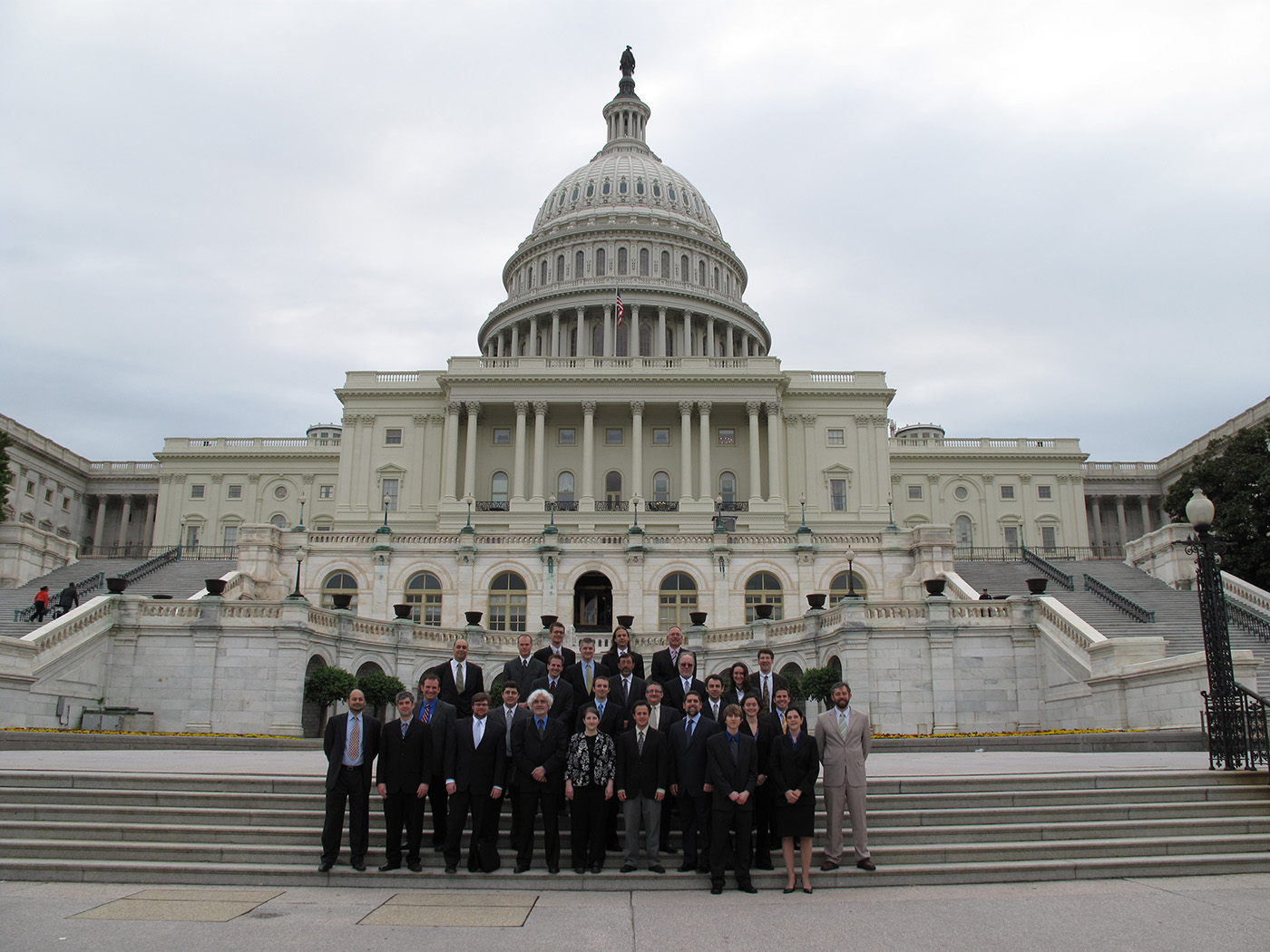For many weeks, the radio program “To the Best of Our Knowledge” has been running a series entitled “Electrons to Enlightenment”. It’s taking a wide and varied look at the issues of religion and science in modern American society. The most recent program discussed the relevance of evolution to a nation whose majority doesn’t believe that evolution is correct [TTBOOK]. There were a few items from this show that bothered me.
The first was that while evolution scientist Richard Dawkins got a very fair interview, Daniel Dennett (a fellow at the Discovery Institute) got a bully pulpit for intelligent design. I was disturbed that the evolutionist got put under the wringer while the creationist got to spout unchallenged myths about evolution. One point that Dennett raised was that we should doubt evolution because over 50% of Americans doubt it. This is one of those tactics that a mildly trained “baloney detector kit” can sniff out: appealing to democracy in issues where only evidence should play a role. Certainly, should Americans go to vote on whether evolution is an accurate description of the development of life on earth, a simple majority would vote against it. However, the votes of American women and men cannot vote away the fossil record, cannot vote away the genetic relationship between all living species and even extinct ones, and cannot vote away the validity of radiocarbon dating. Dennett, a philosopher and not a scientist, makes an appeal to reason and avoids the obvious problem of annoying facts. What Dennett fails to realize, a reality that immediately cracks the foundation of his unchallenged argument, is that a single ugly fact trumps even the most beautifully reasoned belief system.
Another part of the program that really bothered me was a belief of the interviewer that went uncorrected by the interviewee. In the chat with Dawkins, the interviewer creates in one of his questions the “false choice” of religion vs. science: purpose vs. random chance. To be concrete, the interviewer refers to evolution as a “random process”. Dawkins let this slip in the interview (at least, what was aired), while in a speech aired on “City Arts and Lectures” he directly addressed this false choice. The reporter’s misunderstanding is the core of the false choice: evolution is **not** a random process.
Evolution is a several-tiered process. The underlying mechanism by which changes in organism come about is random. Gene mutations occur (for a variety of reasons, both internal to the reproductive mechanism and external, such as radiation) and those mutations are passed on within individual lines of organisms. However, mutations which, in the context of the overall ecosystem, fail to provide an advantage or provide a distinct *disadvantage* will almost inevitably lead to the death of those organisms, terminating the trait in a species. However, mutations with advantages will persist, passed on through the genes of those who possess it. This is definitely *not* a random process. The mutations are random, but the survival of those mutations in traits passed on through reproduction depends entirely on the fitness of the organisms who possess them.
This misunderstanding creates the false choice. Religion is presented as giving explanations for life which are based on purpose. “God gave us eyes that we might see the lion before it pounces on us.” Those who fail to realize that evolution is a driven and guided process would mistakenly say, “The eye appeared by random chance and it is only by sheer blind luck that we’re able to see the lion before it pounces.” Not so – evolution creates the eye over millions of years because each mutation, from photosensitive cells all the way up to flexible lenses, yielded an advantage over the previous generations of changes. The fact that the eye lets us see the lion before it pounces is precisely the point of the eye – its existence is evidence that possessing a light-processing organ locked directly into our central processing system gives an advantage over blind mammals.
I am disappointed that a show trying to do a serious investigation into these complex issues does so with a blunt instrument. Clearly, the reporter interviewing Dawkins should have been corrected, or should have done more homework before trying to make evolution’s mechanism part of the wedge issue. Also, it’s clear that Dennett probably didn’t consent to an interview, and would only speak on condition he was asked no questions. An honest program would have disinvited him, or at least made a disclaimer about his segment.
.. [TTBOOK] “http://broadcast.uwex.edu:8080/ramgen/wpr/bok/bok061210a.rm”:http://broadcast.uwex.edu:8080/ramgen/wpr/bok/bok061210a.rm


